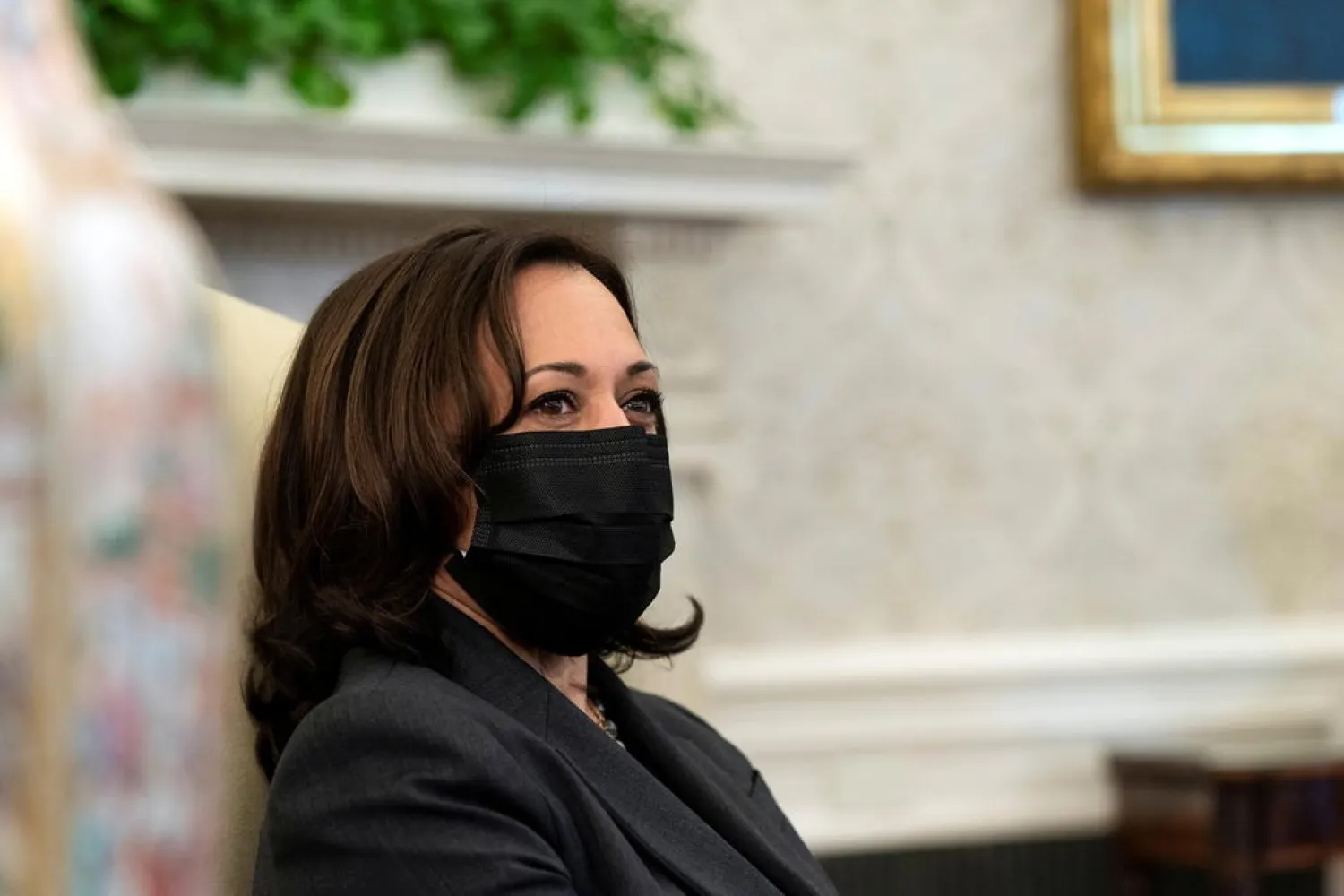Vice President Kamala Harris, in a call with Israeli Prime Minister Benjamin Netanyahu on Thursday, reaffirmed US opposition to an International Criminal Court probe of possible war crimes in the Palestinian Territories, the White House said.
The call, the first between the two since Harris and President Joe Biden took office in January, came a day after the ICC prosecutor said she would launch the probe, prompting swift rejections by Washington and Jerusalem.
Prosecutor Fatou Bensouda, who will be replaced by British prosecutor Karim Khan on June 16, said in December 2019 that war crimes had been or were being committed in the West Bank and Gaza Strip. She named both the Israel Defense Forces and armed Palestinian groups such as Hamas as possible perpetrators.
Harris and Netanyahu noted their governments’ “opposition to the International Criminal Court’s attempts to exercise its jurisdiction over Israeli personnel,” the White House said.
The two agreed to continue to cooperate on regional security issues, specifically Iran’s nuclear program and “dangerous” behavior, the White House statement said.
Harris “emphasized the United States’ unwavering commitment to Israel’s security,” the statement added.
Biden’s bid to revive a 2015 nuclear agreement between Iran and world powers sets him and Netanyahu on a potential collision course. The Israeli prime minister opposed the nuclear deal and applauded former President Donald Trump’s decision to abandon it in 2018.
Harris also congratulated Netanyahu on Israel’s coronavirus vaccine program and they agreed to increase cooperation on the coronavirus, water, green energy and other initiatives, the White House said.









